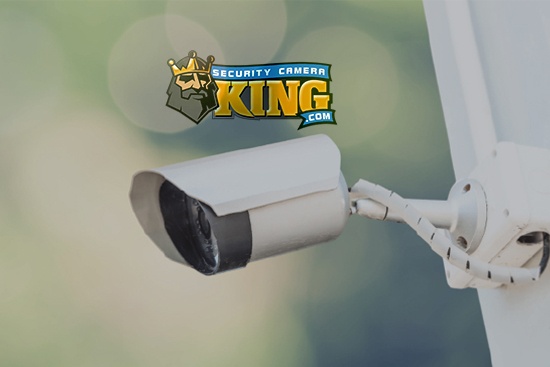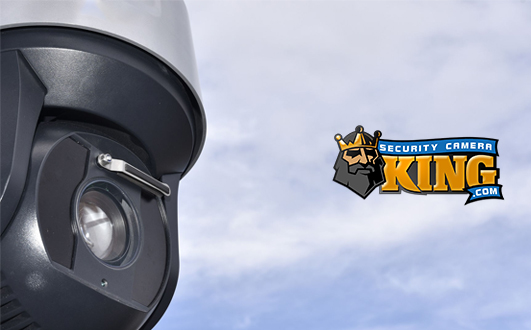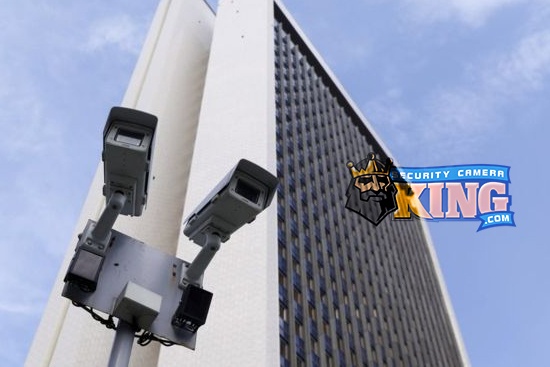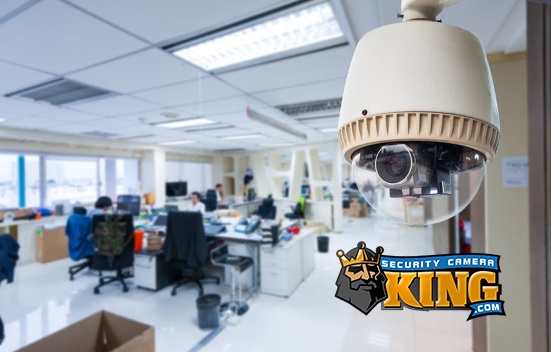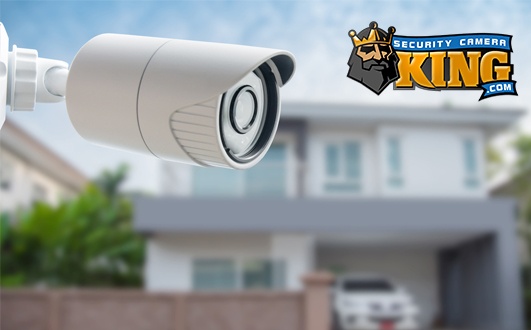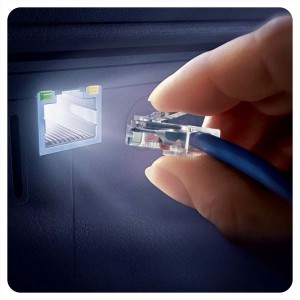 Thanks to Internet related technological advancements including 3G and 4G cellular phones, there are several benefits of IP (Internet Protocol) video systems. In this article we’ll explain what an IP video system is, how it works, and the benefits of using this method of digital video security and surveillance.
Thanks to Internet related technological advancements including 3G and 4G cellular phones, there are several benefits of IP (Internet Protocol) video systems. In this article we’ll explain what an IP video system is, how it works, and the benefits of using this method of digital video security and surveillance.
What is it?
Before we talk about how it works or the benefits of IP video systems, we need to define what it is. Most digital video systems transmit their digital video and sound using a coaxial cable usually RG59. However an IP video system uses the Internet as the primary source for networking. IP video systems normally come with their own web server technology so that they may be plugged in to CAT5E Ethernet cable and using a broadband cable connection can immediately begin broadcasting over the Internet.
As mentioned in the first paragraph IP stands for Internet protocol. This is a specific type of computer language that is compatible for use on the Internet.
In addition to Ethernet cable some IP video systems are wireless and utilize WiFi or some other type of wireless transmission between the camera and the Internet. This is easily done because each camera is constructed with the circuitry and programming so that it may be used on the Internet.
This has many beneficial and powerful implications. Once the camera is connected to the Internet it can be monitored from anywhere in the world that there is broadband Internet Service and this includes 3G and 4G cell phones as well.
How does it work?
IP video cameras are no different than regular non-IP cameras with the exception of the Internet related hardware/software. The camera creates video images just like its non-IP counterpart with the difference occurring at the time just before the image’s data leaves the computer.
The IP video camera usually has on-board circuitry or perhaps software programming that not only permits transmission via the Internet, but it also contains circuitry for creating CODECs. CODEC stands for COmpression/DECompression. It is a specific method for preparing the video computer files. It reduces the size of the file tremendously while still maintaining high quality.
A digital video camera is nothing more than a digital still camera that takes rapid pictures in succession. The average rate of picture creation is 30 pictures or frames per second or 30 fps. Let’s say the file for one picture is 1 MB in size. That means that for one hour of recording without a CODEC you would need:
1MB x 30fps x 60 seconds x 60 minutes = 108,000 MB or 108000/1000 = 108 Gigabytes. With a codec this amount can be reduced tremendously. Currently, most IP cameras use the latest and most efficient CODEC called H.264 to create a streaming file for the Web while at the same time producing another file in MJPEG format that will be sent to the DVR for recording.
Benefits of IP Video Systems
There are many benefits of IP video systems. The following lists a few:
- First and foremost is accessibility. Thanks to the Internet, 3G and 4G cellular phones and other similar devices you can monitor and control a camera in Dallas, Texas while sitting in the Tokyo, Japan airport. As long as there is some sort of broad band Internet service and an Internet browser to access the Internet with, you can monitor your system from just about anywhere in the world.
- Another benefit of IP video systems is coordinated placement of several cameras in different locations all tied together in one location with a Network Video Recorder (NVR). In other words you can have 4 IP cameras geographically separated by vast distances but can all be monitored in one spot using an NVR. (If you live in a city and own several convenience stores for example, you could put a camera in each and monitor all of them at once from home.)
- Extremely high resolution (or definition if you prefer) video images up to 3 megapixels
- Audio can be monitored in the same way as the cameras
- IP cameras typically use CAT5E Ethernet cable. Generally speaking, this cable is easier to pull, and can carry a signal with less degradation and further in length.
- Although an NVR is ideal, you can use a personal computer to save files instead.
There are many more benefits of IP video systems; these are just a few of the common ones. If you want to learn more about security camera systems, contact Security Camera King today!

